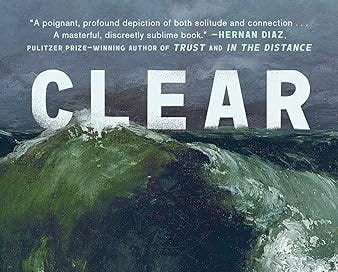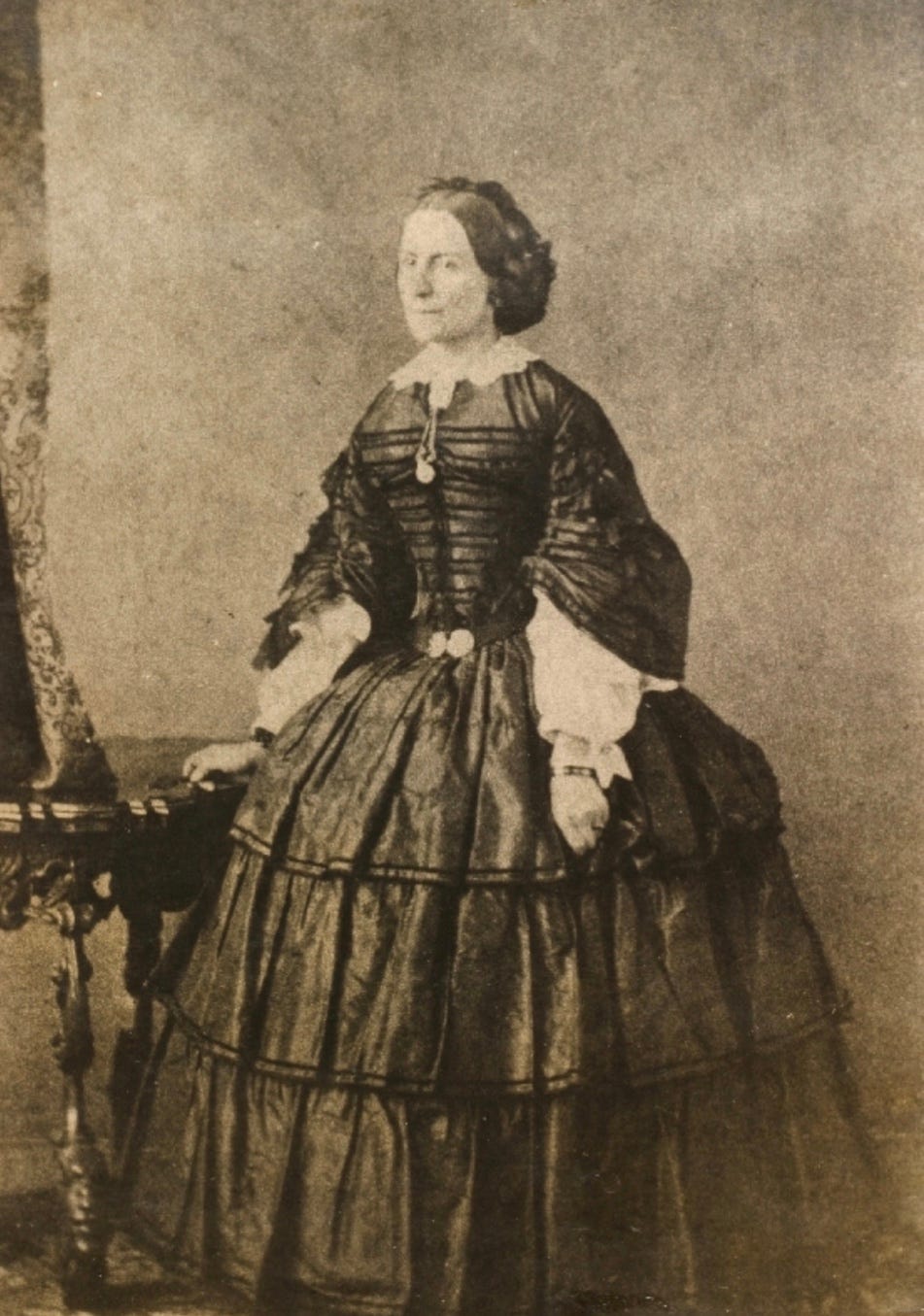What makes a book compelling? Join me in developing our “Eyes and Ears” for finding compelling stories.
Carys Davies' novel Clear is a gorgeous historical portrayal of a way of life in the Shetlands. Thanks to greedy Scottish landlords, it’s a way life about to become extinct. Clear is more than that, involving a triangle of characters, but the setting stands out.
I’ve always pictured the Shetlands as bleak, storm-swept, cold and isolated. On the upper reaches of the North Sea, part way between Scotland and Norway, the British used the islands as staging areas in World War II. I’ve wanted to visit, in the summer it goes without saying, because open, windswept, grassy isles in the North Sea sounds freezing any other time of year. And they’re isolated. As an indication of their popularity, there are few places to stay. Clear may change that, as anyone reading will be tempted to go.
John is a Presbyterian minister who’s joined a breakaway group in Scotland known as the Free Church. Many view religion as the third rail in literature—it’s OK to say a character is religious—but that’s as far as it needs to go. Davies doesn’t delve into the details of why John leaves one church and joins the other. Its absence ultimately hurts the story.
Anyhow, as with any startup, he needs money and takes a paying gig where he travels to an island to notify Ivar, its lone inhabitant, that the landlord back in Scotland can make more money off the land without Ivar. The Clearances spanned decades in the late 1700s and into the 1800s, causing considerable social upheaval for the small number of inhabitants forced off the lands. Davies does take us into a bit of church doctrine:
Indeed, the Presbyterian doctrine of providence had proved something of a boon in clearing the people—reminding them, as it did, that the events of their lives were no more than the unfolding of God’s will; that any suffering accruing from their removal was no more than divine punishment for their sins.
John carries a treasured calotype of his wife, Mary. One of the pleasures of Clear is Davies’ writing; I had to look up calotype among other words. Davies’ portrayal of Mary not smiling in the picture—to hide her poor teeth—is one of many human touches that bring the story to life.
John isn’t the outdoor type and loses the picture.
Ivar, used to living alone, who likes his breakfast milk boiled over a peat fire until it acquires a dark color and acrid taste, finds the calotype:
He would have struggled to put his feelings into words, but it’s fair to say that in less than two short days the woman inside the frame had become precious to him, and he would have preferred it if the man [John] had been dead.
The buildup in tension, using the limited means available in the setting, is magnificent. The story unravels, shifting close third points of view between John and Ivar, tension building over the calotype, a seemingly simple object Davies’ takes full advantage of. When John is unable to share his POV, we’re treated to Mary’s, and the interplay continues throughout.
I found the story well told until the surprising end. Not that I disagreed or wished it had gone another way; it’s not my story to tell after all. It’s puzzling why John, who left one church to join another and endured pecuniary hardship, why John who clearly had strong opinions about his new church, acts not only contrary to his new church, but does so guilt-free, without the reader being privy to his thinking. Instead, Davies shifts the POV away from John, tells the story through another. To me, this seemed to duck the story, easily fixed with an added paragraph or two.
It's a given stories are told to today’s audiences, not to those who can no longer read them. It’s why classic stories are not just retold, but recast. Think Pinocchio, David Copperfield (Demon Copperhead), King Lear (A Thousand Acres).
I want to know what you think about the book. As for me, I’m more confused than ever about the historical circumstances in the book—the clearances, the split in the church.
Although, I still wouldn’t mind visiting the Shetlands.
All the Best,
Geoff
If you enjoyed this post, please hit the heart “❤️” so others can find it. It’s at the bottom and at the top.






The plot sounds rather complicated. I'll take a side issue because I believe it is important as a takeaway from a book of fiction. About the doctrine, Scotland was a wellspring of Presbyterian (reformed) growth. In your citing the "divine punishment for their sins", the author might be putting ideas in the head of readers as true doctrine, but this is not at all reformed doctrine. I would first cite the Westminster Confession to look at on this subject. The revised version is the standard today for reformed churches, such as the Presbyterian Church of America (PCA) affiliated churches. Also, one could take a deep dive into the book of Job to challenge the "transactional" nature narrative of the relationship of God to man. BTW our church has a missionary in Glasgow. The population of churchgoers is extremely low there.
On another note, it's amazing how much splits in the church have happened historically, and the impacts, such as the influence on the founding of the US. Too much to cover. Would take days to discuss.